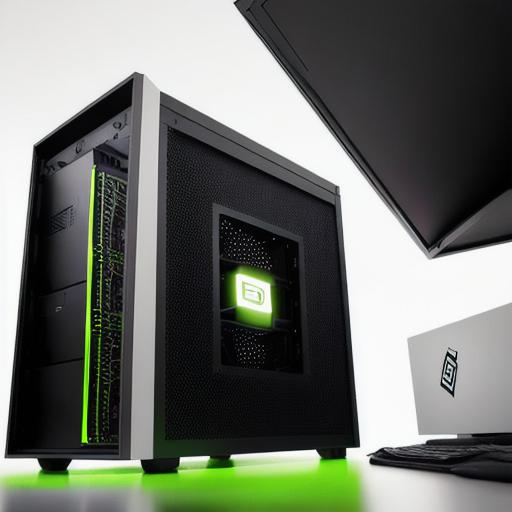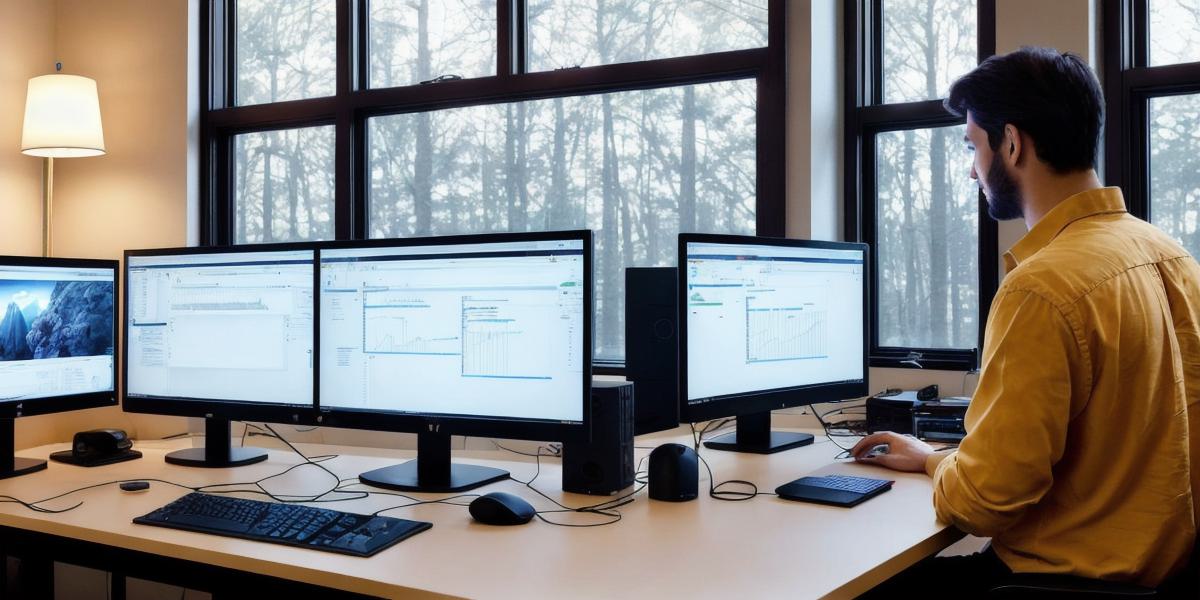Unity, a versatile game engine, has gained immense popularity among web developers for creating interactive 3D content. However, having a powerful computer is essential to ensure optimal performance and smooth workflow during Unity development. Let’s explore the best computer specifications tailored for your Unity projects.
Processor (CPU)
A robust CPU is crucial to handling complex computations required in Unity projects. An Intel i7 or AMD Ryzen 7 with at least six cores and a clock speed of 3 GHz or higher is an ideal choice. These processors can efficiently manage the numerous tasks demanded by Unity, such as rendering, physics simulations, and script execution.
Random Access Memory (RAM)
RAM plays a significant role in reducing load times for textures, models, and other assets used in your Unity projects. Aim for 16 GB or more to ensure a smoother development experience. This memory allocation will also help speed up the compilation of larger projects.
Graphics Processing Unit (GPU)

A powerful GPU is indispensable when working with Unity, as it handles graphical tasks and rendering. NVIDIA GPUs, like the GTX 1650 Super or RTX series, are popular among developers due to their CUDA cores that significantly enhance physics simulations and real-time rendering performance.

Storage
A solid-state drive (SSD) is recommended for faster load times, especially when dealing with large asset files common in Unity projects. Aim for a minimum capacity of 512 GB to store your assets, Unity installation, and development projects comfortably.
Summary
Upgrading your current setup or investing in a new computer specifically designed for Unity development will significantly improve your web project workflow. The combination of a strong CPU, ample RAM, a powerful GPU, and fast storage ensures optimal performance during development, saving you valuable time and resources.
